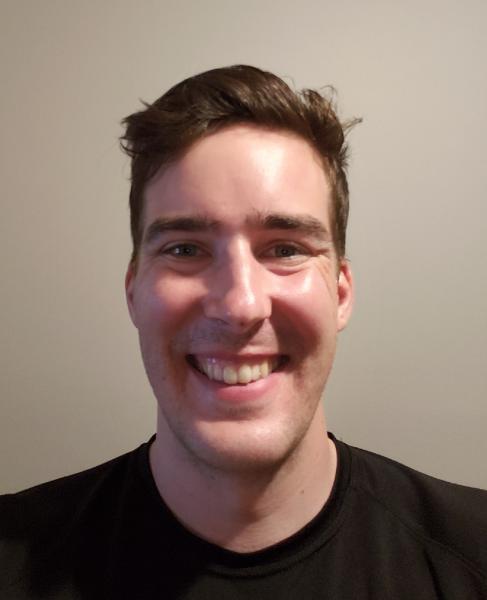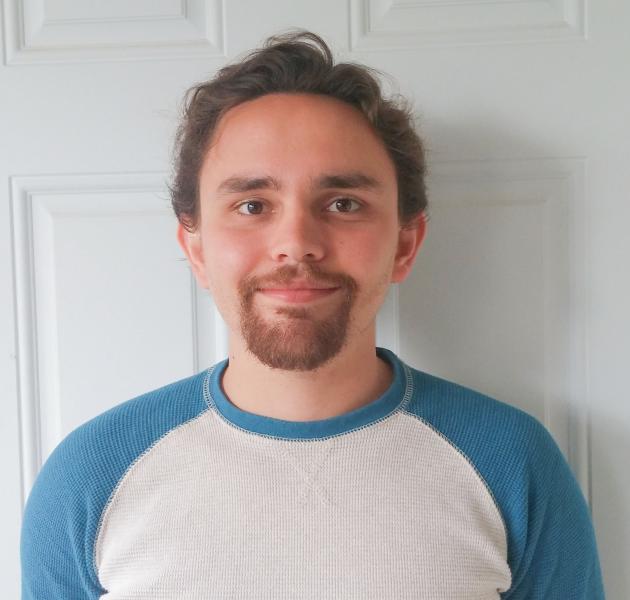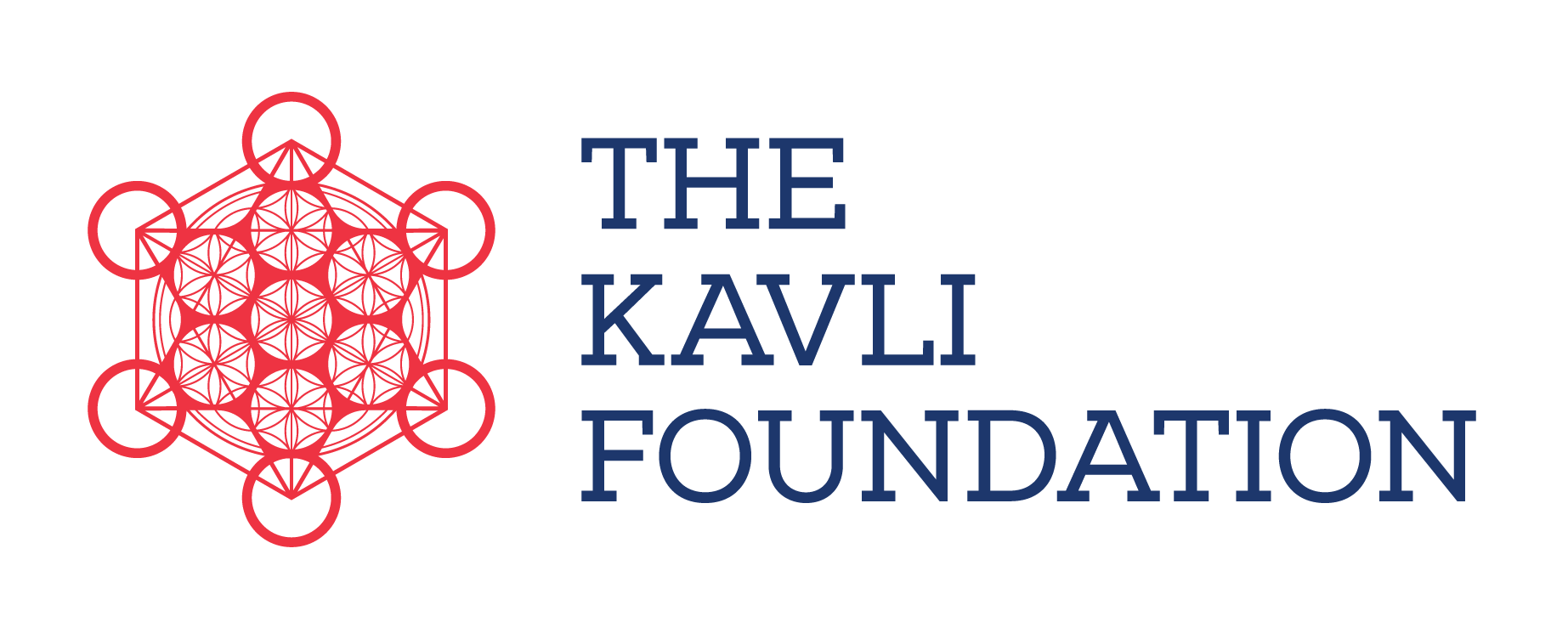April 26, 2022
July 4, 2022 updated
Kavli Institute for the Physics and Mathematics of the Universe (Kavli IPMU)
Enjoy a cup of tea or juice while interacting with scientific experts in our upcoming Science Cafe series.
The Kavli IPMU is proud to announce the beginning of our annual Science Cafe 2022 series "Universe", co-hosted with the Tamarokuto Science Center. This event will be in English.
Interested in testing you knowledge of the latest advances in cosmology and astronomy? We look forward to seeing you there. Pre-registration is required.
Science Cafe 2022 "Universe"
Time & Date: 17:10~18:40, September 24 (Sat), 2022
Venue: Tamarokuto Science Center, Science Egg
* Subject to change to an online event depending on the COVID-19 situation.

"Strange telescopes: universes made by machines"
Speaker: Connor Bottrell (Kavli IPMU Project Researcher)
Recommended age: Junior high school and above (the content is more appropriate for high school students. The event will be in English with no Japanese interpretation)
Seats: 120 (If the number of registrants exceeds the number of seats, participants will be drawn from a lottery)
Admission: Free
Registration: click here (Tamarokuto Science Center)
Introduction
Harnessingl ight at all frequencies, current ground and space-based telescope facilities give us a window into 14 billion years of cosmic evolution. By drawing connections between the state-of-affairs in the early Universe and today, we seek to answer one of the most important scientific and philosophical questions: How did we get here?
Unfortunately, many of the most important phenomena (e.g. the build-up, collision, and coalescence of galaxies) take too long compared to the typical sapiens lifetime. So, to connect observations to events that happened billions prior, astronomers can make inferences using computer simulations that explicitly model the co-evolution of gas, stars, and dark matter through cosmic history.
In this talk, I will discuss how these “strange telescopes” evolved from light-bulbs on a laboratory bench to supercomputers in cooled warehouses. Meanwhile, I will be drawing connections to corresponding progress in our understanding of how galaxies like the Milky Way formed, and where it is going next!
About the Speaker
* Connor joined Kavli IPMU in 2020. His area of expertise is Astronomy.
Time & Date: 14:00~15:30, July 10 (Sun), 2022
Venue: Online

"The Dark Side of the Universe: How We Know It's There and How We Might Find It"
Speaker: Joshua Eby (Kavli IPMU Project Researcher)
Recommended age: Junior high school and above (the content is more appropriate for high school students. The event will be in English with no Japanese interpretation)
Seats: 60 (If the number of registrants exceeds the number of seats, participants will be drawn from a lottery)
Admission: Free
Click here to register (Tamarokuto Science Center website). Registrations close on June 27 (Mon)
Introduction
Most of the matter (greater than 80%) in the universe is dark, meaning that it interacts very weakly with light and therefore cannot be seen directly with our most powerful telescopes. Therefore, we know very little about what kind of particle might make up this so-called dark matter. So how do we know it is really there, and how can we hope to discover its properties?
In this talk, I will describe some of the strongest lines of evidence for the existence of dark matter, and what this can teach us about our galaxy and the universe more broadly. I will introduce several of the most promising candidate particles for explaining the existence of dark matter, and how they differ in experimental predictions.
Along the way, I will describe my own research into dark objects known as boson stars, which can provide new ways of searching for these elusive dark particles in hopes of solving one of the greatest mysteries in physics.
About the Speaker
* Joshua joined Kavli IPMU in 2020. His area of expertise is cosmology.






